
Aesthetic Insights

Read More
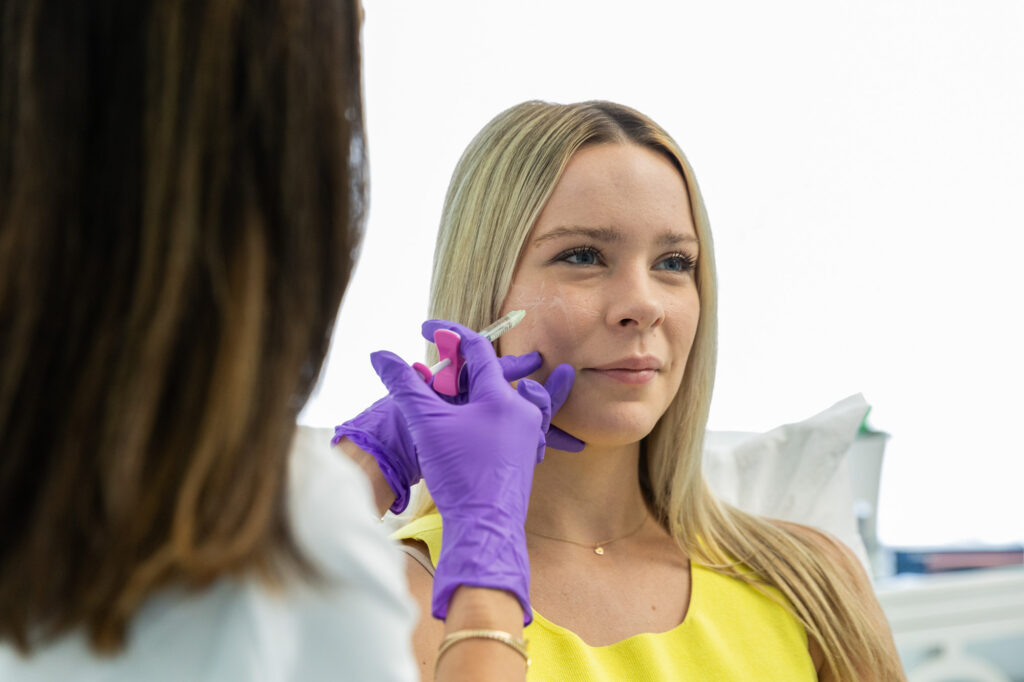
Beyond the Lips: Other Surprising Uses for Filler
Read More
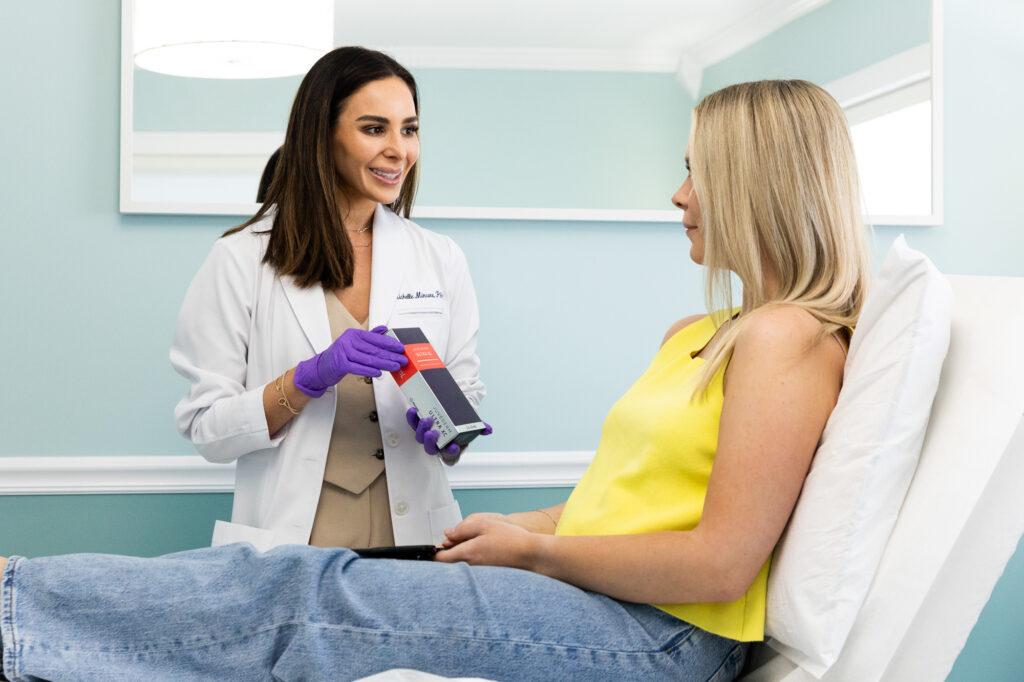
5 Myths About Dermal Fillers: Debunked by the Experts
Read More

Sculpt & Smooth: The Perfect Body Contouring Duo
Read More
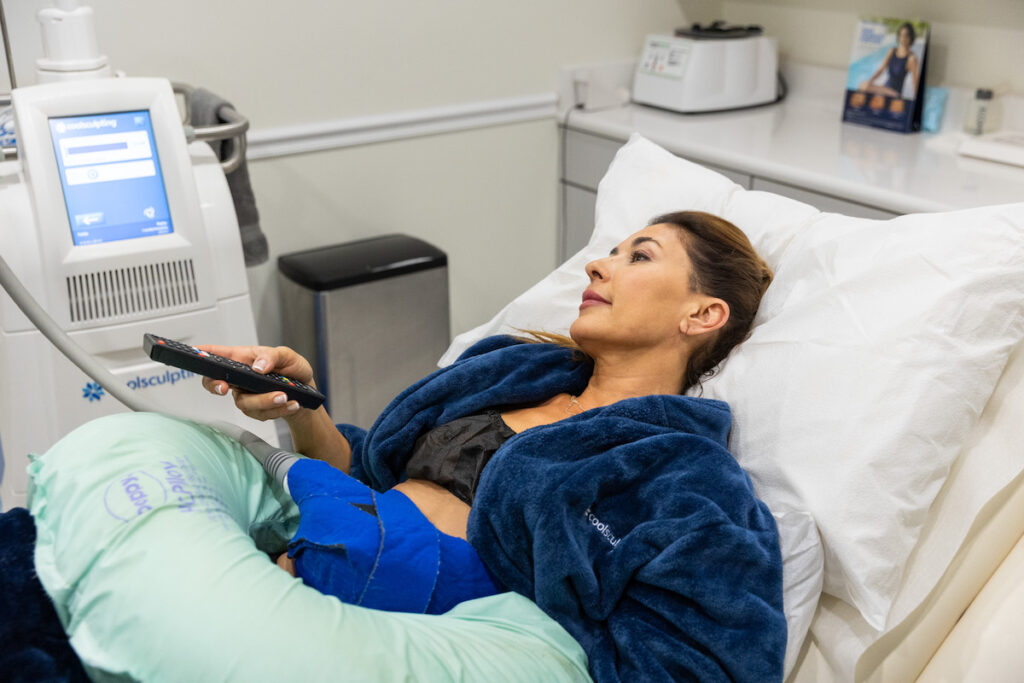
How to Get the Best CoolSculpting Results: 5 Pro Tips
Read More
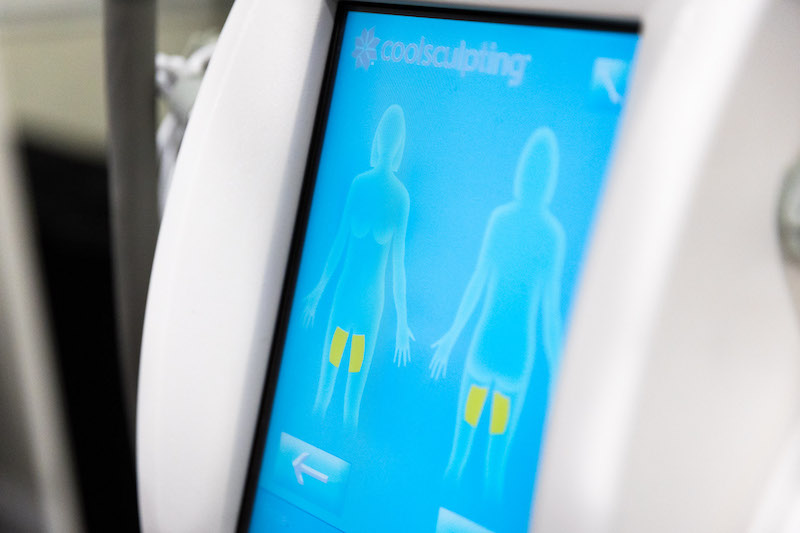
Tampa’s Ultimate Body Sculpting Guide
Read More
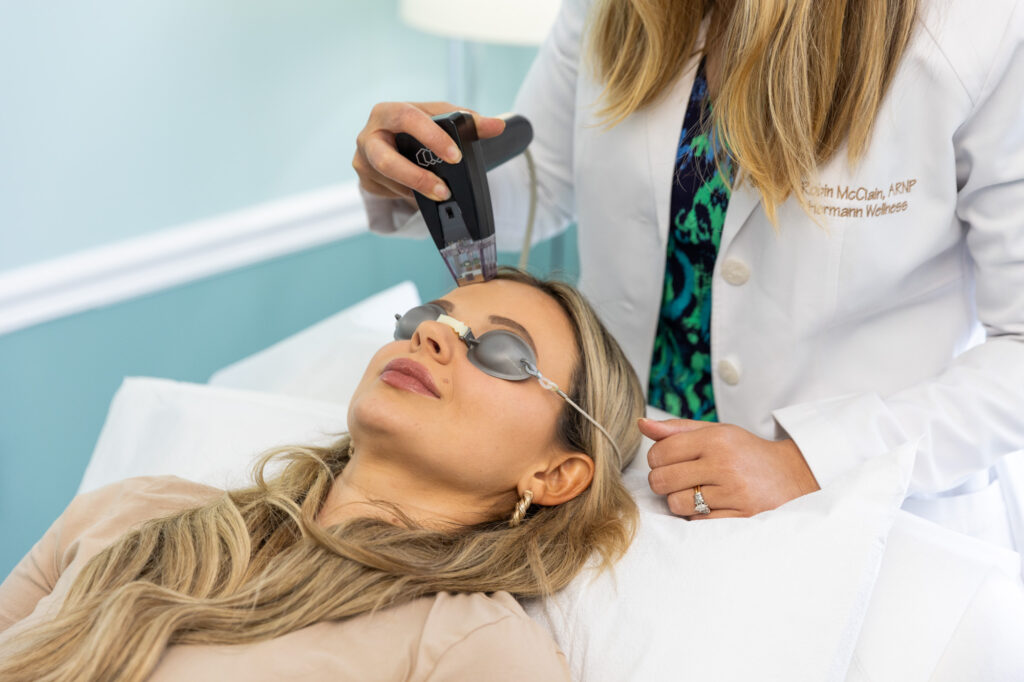
The Dos and Don’ts of Preparing for Your RF Microneedling Appointment
Read More
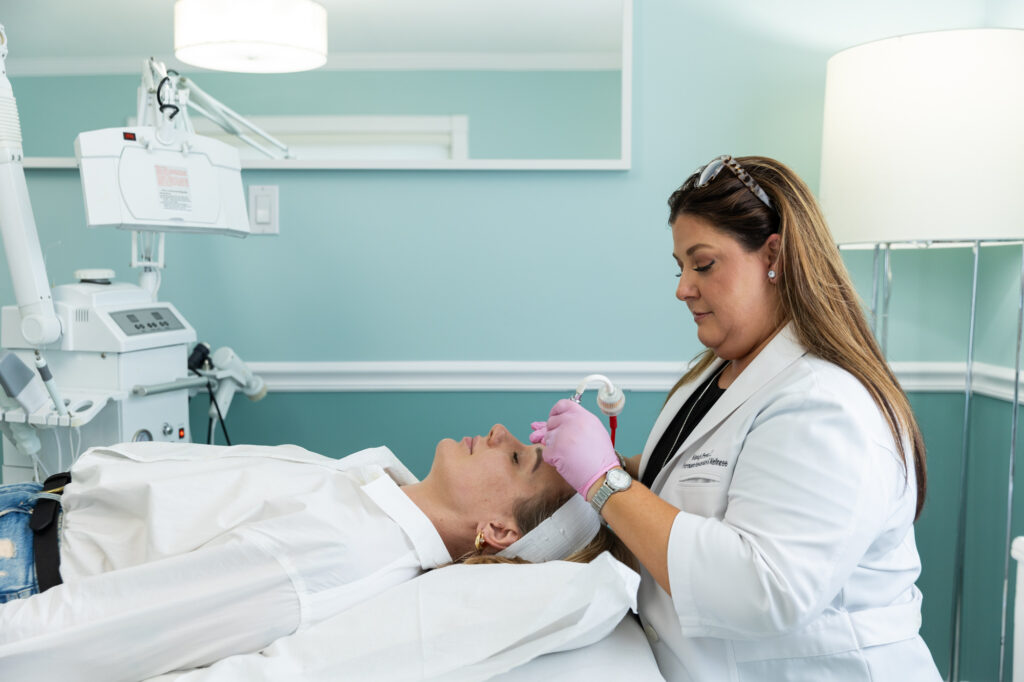
4 Reasons to Love Facials at Hermann Aesthetics
Read More

Your Guide to Glowing Skin
Read More

Your St. Petersburg Laser Glow-Up
Read More
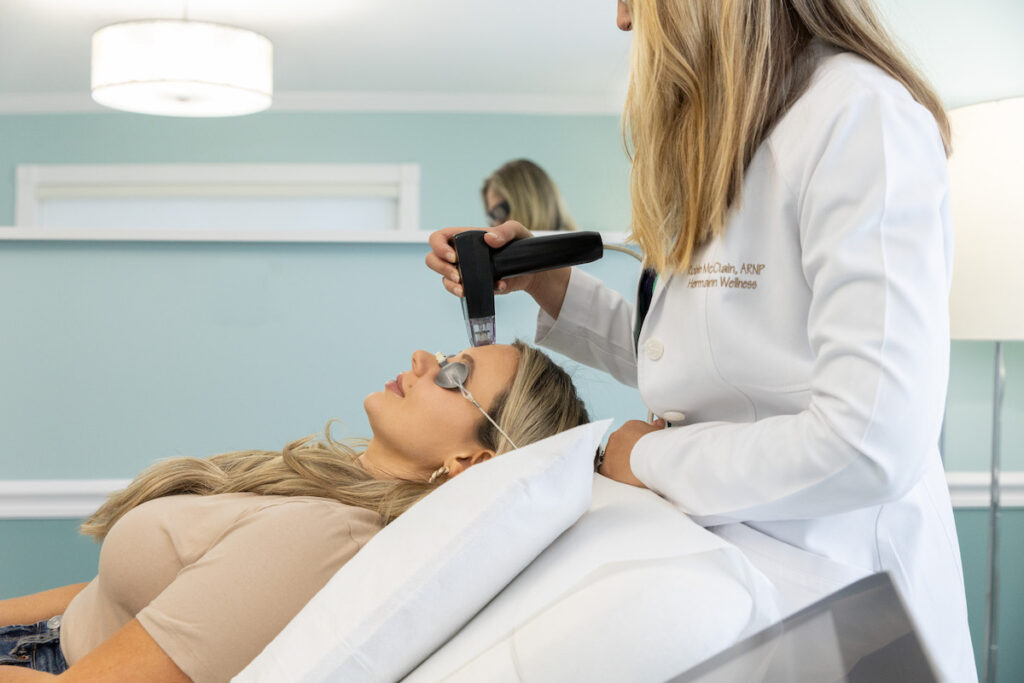
4 Reasons You’ll Love Morpheus8
Read More

Laser Hair Removal Myths, Busted!
Read More

Medical Weight Loss vs. Fad Diets: What’s Best for You
Read More
